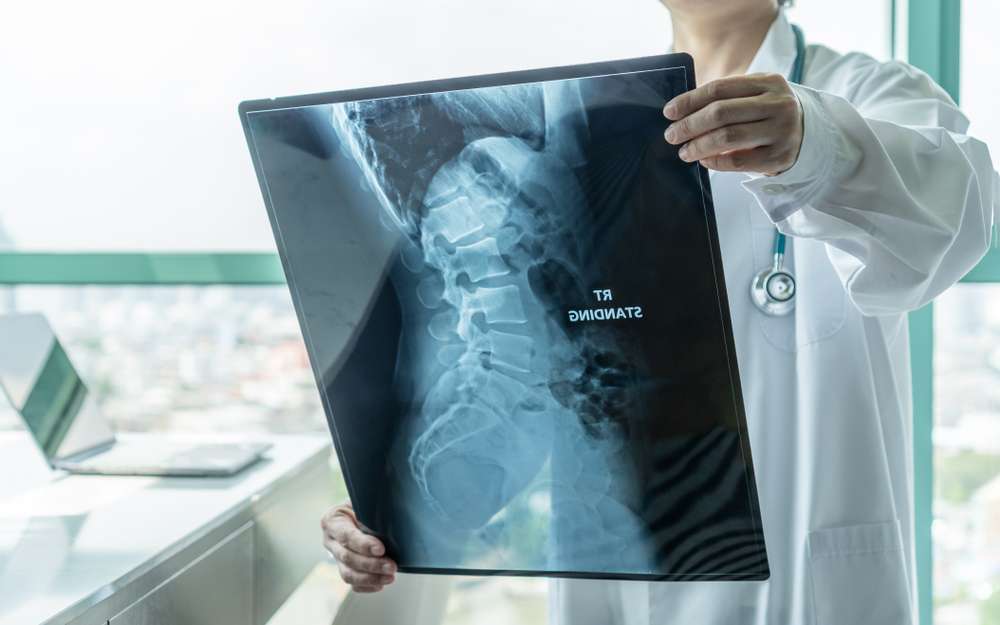Learn About The Early Symptoms & Stages Of Liver Cirrhosis
Liver cirrhosis is a serious condition where healthy liver tissue is gradually replaced by scar tissue, preventing the liver from functioning properly. Understanding the early symptoms and stages of liver cirrhosis can be crucial for timely diagnosis and treatment. This progressive disease often develops silently over years, making awareness of its warning signs essential for protecting your liver health.

Understanding the Stages of Liver Cirrhosis
Liver cirrhosis progresses through four distinct stages, each characterized by increasing severity of liver damage. In the initial compensated stage, the liver can still perform most of its essential functions despite scarring. Patients may experience minimal symptoms, making early detection challenging. As the disease advances, symptoms become more pronounced, and liver function gradually deteriorates.
The first stage involves mild scarring with limited impact on liver performance. During this phase, the liver can still compensate for damaged areas, and many patients remain asymptomatic. Regular medical check-ups and liver function tests can help identify cirrhosis during this early stage, providing opportunities for potential treatment and lifestyle modifications.
Common Causes of Liver Cirrhosis
Multiple factors can contribute to liver cirrhosis development. Chronic alcohol consumption remains one of the most prevalent causes, causing progressive liver damage over years of excessive drinking. Hepatitis B and C viral infections are also significant contributors, leading to inflammation and scarring of liver tissue. Other potential causes include non-alcoholic fatty liver disease, genetic disorders, and autoimmune hepatitis.
Metabolic conditions like diabetes and obesity can further increase the risk of developing liver cirrhosis. Patients with these underlying health conditions should undergo regular liver function screenings to monitor potential progression of liver damage.
How to Identify Liver Cirrhosis Through Testing
Medical professionals use multiple diagnostic methods to identify liver cirrhosis. Blood tests can reveal liver enzyme abnormalities and assess overall liver function. Imaging techniques such as ultrasound, CT scans, and MRI provide detailed views of liver structure and potential scarring. In some cases, a liver biopsy might be recommended to confirm the extent of tissue damage.
Advanced diagnostic techniques like FibroScan can non-invasively measure liver stiffness, helping healthcare providers assess the degree of scarring. These comprehensive testing approaches enable early detection and precise monitoring of liver cirrhosis progression.
Recognizing Key Liver Cirrhosis Signs
Early symptoms of liver cirrhosis can be subtle and easily overlooked. Patients might experience fatigue, weakness, unexplained weight loss, and mild abdominal discomfort. As the condition progresses, more noticeable signs emerge, including jaundice (yellowing of skin and eyes), fluid accumulation in the abdomen, and easy bruising or bleeding.
Advanced stages can present more severe complications like portal hypertension, which may cause swollen veins in the esophagus and potential internal bleeding. Hepatic encephalopathy, characterized by confusion and cognitive impairment, can also develop as liver function significantly declines.
Treatment Cost Considerations
Treatment costs for liver cirrhosis can vary significantly depending on the stage and underlying cause. Estimated expenses range from minimal outpatient management to extensive medical interventions.
| Treatment Type | Estimated Cost Range | Coverage Options |
|---|---|---|
| Initial Diagnostic Testing | $500 - $3,000 | Partial Insurance Coverage |
| Medication Management | $200 - $1,500/month | Variable Insurance Support |
| Advanced Interventions | $10,000 - $50,000 | Potential Medicare/Medicaid |
| Liver Transplant | $500,000 - $800,000 | Specialized Insurance Programs |
Prices, rates, or cost estimates mentioned in this article are based on the latest available information but may change over time. Independent research is advised before making financial decisions.
Liver cirrhosis represents a complex medical condition requiring comprehensive medical management. Early detection, lifestyle modifications, and consistent medical supervision remain critical in managing this progressive disease effectively.




